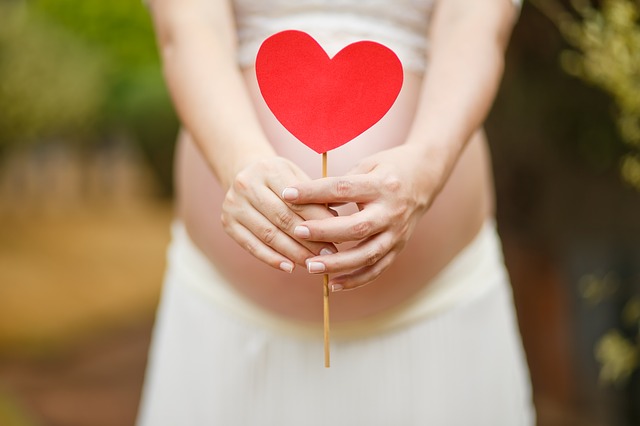If you are expecting a little someone it is not uncommon to want to do everything possible to make the start of your child's life opimal. This can mean a sudden driven desire to quit almost all the food groups including the foods and drinks you enjoy. Some of these are valid choices like choosing to abstain from drinking or smoking but some like eliminating coffee may not be required. Here are two common myths around diet and pregnancy debunked:
Eating for Two (or More)
It is a common mistake that once a woman falls pregnant she feels she can eat anything and everything she wants now that she is ‘eating for two’. Here are the facts:
- The first trimester of your pregnancy you do not need to eat anymore than your usual requirements.
- The trimester you need around 340kJ or 1400kJ more a day, this is easily done by having a sandwich like a boiled egg sandwich on wholemeal bread with some salad vegetables.
- The third trimester you need and extra 500 calories or 1600kJ which again is not a huge challenge. The key is to select foods which make a balanced meal to meet these extra needs, so a quarter wholegrains, a quarter lean meat or alternative and the rest vegetables or fruit. Give your body more than just energy but optimal nutrients to support both you and your future child’s health.
Fish Is Off the Menu
It is common for many women to feel uneasy about eating fish during pregnancy. The good news is this is not the case. Fish and seafood contain many important nutrients like iron and protein as well as omega-3 fatty acids which support the growth of the brain of your child. Fish is also a good source of iodine which can prevent your child from developing a condition known as cretinism. There are only 4 types of fish which you need to be aware of regarding mercury levels, these are:
1.Bill Fish (Sword Fish, Billfish or Marlin)
- Orange Roughy (Sea Perch)
- Shark (flake)
- Catfish
You can still eat these but only 1 serve (100g) of these a week for Bill Fish, Orange Roughy or Shark and once in a fortnight for Catfish but no other or more fish that week or fortnight.
If you are worried about listeria then canned fish is the best choice as it has no risk, my top pick is a can of tinned tuna in spring water which if pregnant you can have every day without risking the health of your child. Other good choices are salmon, as it contains the least mercury as a ‘top dwelling’ fish meaning it does not feed very low under the water and as a result has low mercury levels. Just be sure to cook well to reduce any risk of listeria. My third choice is sardines in a tin in spring water, although high in sodium is a great source of omega-3 fatty acids.
Worried about getting enough omega-3 fatty acids if you choose not to eat fish? There are other sources like omega-3 such as omega-3 enriched eggs or plant sources of omega-3 known as alpha-linoleic acid or ALA. These can be found in seaweed or flax seeds although you do need to eat a lot for your body to get the important EPA and DHA derived from ALA. Try to sprinkle some flax seeds over cereal in the morning, add to a smoothie or even on top of a salad.
Take home message: if possible to eat fish is still an important part of your diet and unless in the high-risk fish mentioned above aim for 2-3 times a week with a serve being 100g.
Take home message:
There are certain foods and beverages which you should refrain from having until after or beyond pregnancy. However, the 9 months which follow do not need to be bland and boring and you can and should still enjoy a varied diet. This will provide you and your baby with the best health possible. Having a greater variety in your diet can also increase your quality of life as food is much more than just the nutrients it gives but is about the experience and enjoyment as well.







